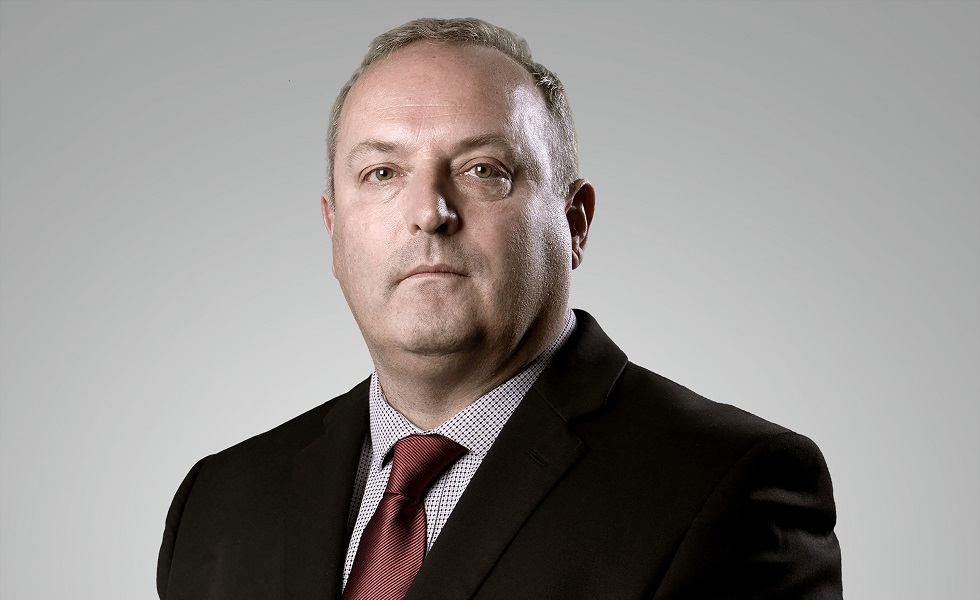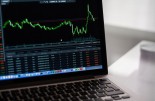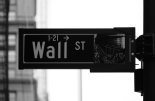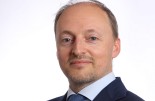Aegon AM: Despite ‘ridiculous’ warnings the US remains a safe haven

The US is a safe haven for income seekers despite ‘ridiculous’ warnings that dividends will not return to 2019 levels for 6-7 years, according to Aegon Asset Management equities manager Mark Peden. The Covid-19 crisis has triggered a slew of dividend cuts and suspensions as companies have sought to shore up balance sheets or respond to regulatory pressure. As a result, Peden believes the global dividend base will fall by 20-25% this year, although he says there will be wide disparities between regions.
'Until the Great Financial Crisis the dividend base had never been cut by more than 10% but then it fell by 30% through 2008/2009, which is roughly similar to what we expect this year,' he says. 'However, that masks big differences between regions. In Europe, the epicenter of dividend distress, we think dividends will fall between 40-50% - they could even fall further than earnings for the first time ever. In Asia and Japan it won’t be quite as bad, while the US is a relative safe haven with only around 10% of companies so far cutting or suspending dividends. That’s the best performance of any region.' While the pandemic has had a huge impact on income investors in affected stocks, Peden believes the worst is now past. 'Some forecasts are just way too bearish,' he says. 'One predicted the US dividend base won’t return to 2019 levels for six or seven years - I find that frankly ridiculous. Some parts of the market have been mostly unscathed - technology is a net cash sector which has sailed through the crisis, for example, as has food retail. But it will take perhaps 2-3 years to regain 2019 levels overall, although it’s clear some sectors never will: travel, leisure, offline retailers, and probably even the banks. They don’t own their own dividends; the regulators and politicians are in charge of those.'
Peden adds the overall ability of US companies to maintain payouts versus other regions is partly a function of US companies favoring share buybacks. 'Only 40% of the amount US companies have returned to shareholders in recent years has been through dividends; 60% has been through share buybacks. So US companies have cut buybacks before they’ve even thought about cutting dividends.' He points out that market structures and regulation have played a role too, noting that only one US financial company in the S&P 500 index has cut its dividend, while eurozone banks are currently banned from making payouts. 'Banks and energy were over 20% of the European dividend base, and that’s where the biggest stress is,' he says. 'In the US, the technology sector is now the biggest distributor of dividends to the market, accounting for 16% of payouts. At the time of the GFC, it was 5%. Meanwhile financials have gone the other way, accounting for 14% of payouts now from 25% then.'
Peden says the Kames Global Equity Income Fund has benefitted in recent months from a policy of not relying on income from a handful of very high yielders, pointing out that Zurich Financial – contributing just over 6% of the Fund’s overall income stream – is the biggest player in the whole portfolio. In general, he says he is looking for three key characteristics: dividend security, above-market yield, and sustainable growth. 'We have sought to change the energy mix of the portfolio towards renewables through companies like Spanish electricity generator and distributor Iberdrola, which has increased its dividend this year,' he says.
'Albemarle, one of the world’s largest lithium miners, is another important addition, playing the theme of electrification of mobility through sourcing companies in the battery supply chain. And we also like semiconductors, which are key enablers of electric vehicles, AI, and the internet of things, so we own Broadcom and Maxim Integrated, which have strong long-term growth opportunities and pay healthy dividends.'









